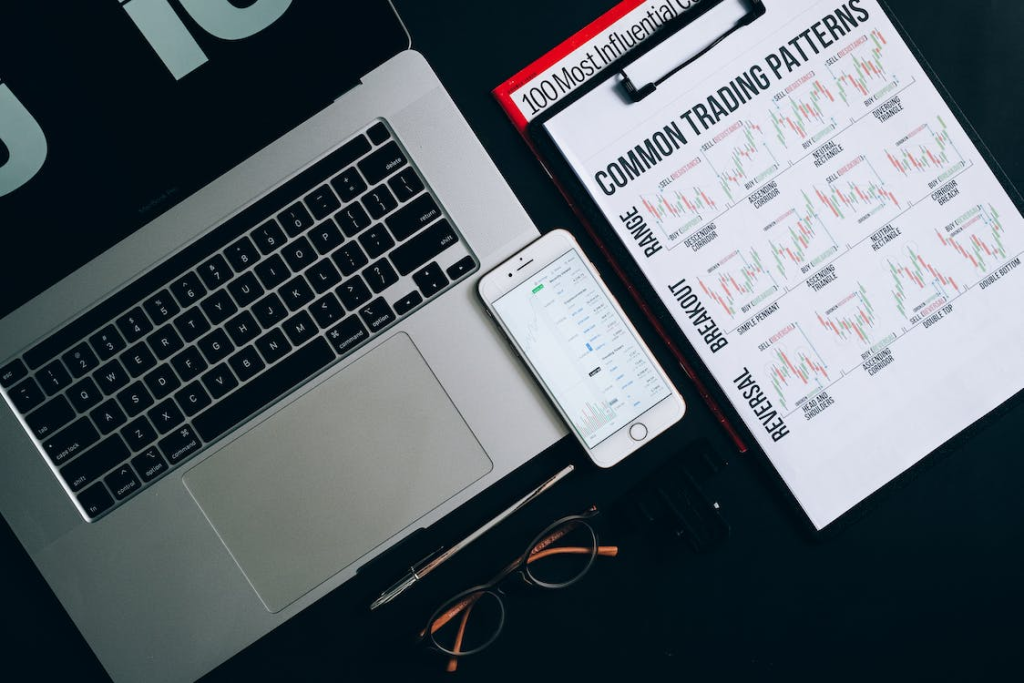
Specialized data analytics has become a vital tool in business because it provides businesses with the ability to analyze and understand large amounts of data, which can then be used to make better decisions and improve performance.
There are six main ways that businesses can use specialized data analytics to their advantage: by understanding customer behavior, improving marketing efforts, increasing efficiency, reducing costs, improving product development, and gaining competitive intelligence. Each of these applications is discussed in more detail below.
Understanding customer behavior
Data analytics can help businesses understand their customers better by providing insights into their behavior, trends, and preferences. For example, if a business notices that its customers are increasingly interested in healthy products, it can adjust its product offerings or marketing strategy to reflect this trend.
This works by businesses being able to collect data about their customers from a variety of sources, including social media, website data, surveys, and sales data. All this data can then be analyzed in advanced analytics to identify patterns and trends in customer behavior. Final information can then be used to improve customer service, target marketing efforts, and develop new products and services that meet customer needs.
Improving marketing efforts
Data analytics can also be used to improve marketing efforts by helping businesses understand which marketing channels are most effective and how to target their marketing messages to specific customer groups. For example, if a business knows that its customers are mostly using social media to research products, it can focus its marketing efforts on this channel.
By using specialized data analytics, businesses can track where their customers are coming from and what they are doing on their websites or mobile apps. This data can then be analyzed to identify which marketing channels are most effective and how to improve them. Additionally, businesses can use data analytics to segment their customers into groups so that they can target their marketing messages more effectively.
Increasing efficiency
Data analytics can also help businesses increase their efficiency by identifying areas where they can improve their processes. If a business notices that its employees are spending a lot of time on tasks that could be automated, it can use data analytics to find a way to automate those tasks, which can help businesses save time and money while also increasing their productivity.
In addition, data analytics can be used to identify inefficiencies in business processes so that they can be fixed. For example, if a business notices that its sales team is spending a lot of time on the phone with customers, it can use data analytics to find a way to reduce the amount of time they spend on the phone by automating some of their tasks or providing them with a better source of information.
Reducing costs
Data analytics can also help businesses reduce their costs in several ways, with some of the most common being reducing inventory costs, reducing marketing costs, and reducing operational costs. If a business has a lot of inventory that is not selling, it can use data analytics to find a way to reduce the amount of inventory it has on hand – therefore saving money by avoiding the need to purchase new inventory.
Businesses can also use data analytics to reduce their marketing costs by targeting their marketing efforts more effectively and reducing the amount of money they spend on advertising.
Additionally, businesses can use data analytics to find ways to reduce their operational costs, such as by automating tasks or improving their processes.
Improving product development
Data analytics can also be used to improve product development by helping businesses understand what their customers want and need. Let’s say a business notices that its customers are interested in new features for its products, it can use data analytics to prioritize the development of those new features.
In addition, data analytics can be used to help businesses understand how their customers are using their products and what they like and dislike about them. This information can then be used to improve the design of existing products or to develop new products that meet customer needs.
Finally, if a business wants to develop a new product, it can use data analytics to research the market and determine what customers want and need. This information can then be used to develop a product that is more likely to be successful.
As you can see, specialized data analytics can be used in several ways – to help businesses improve their efficiency, reduce costs, and understand their customers better.
By using data analytics, businesses can make more informed decisions that can help them grow and succeed and meet their customers’ needs.












